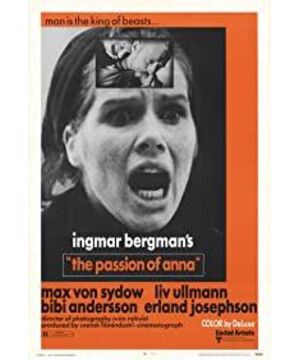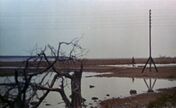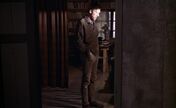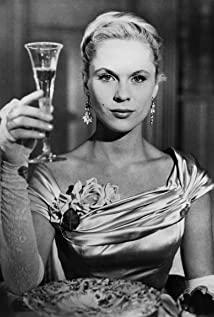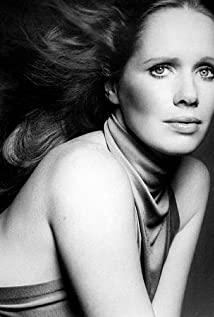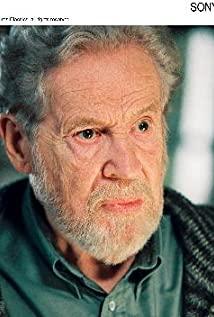The film was directed by Bergman. Ana and Andreas' roles in Ana's Lust are similar to Alma's in Masquerade. They initially have fantasies about their partner, and when the disillusionment is disillusioned, they retaliate violently with their partner.
In "Masquerade," Alma discovers that Elizabeth doesn't see her the way she thinks she is. She believes she has suffered a great betrayal in her intimate relationship. Therefore, Alma had verbal attacks on Elizabeth and physical violence.
In the case of Ana, Ana's violence towards Andreas comes from her fantasy of marital fidelity. In "Anna's Lust", Andreas clearly sees the letter in Anna's schoolbag at the beginning. The letter tells us that Anna's last marriage was not a happy one. But at the dinner scene, Anna lied about her past marriage, believing she had a happy family before, and the accident destroyed everything. She will honestly promote herself before saying those words.
"Why not do something you believe in, which feels true to you? I try to do things I believe in. I try to live with some form of truth... I haven't failed in what has been most important to me. Namely , to live in a relationship with a man, the man I was married to: Andreas.” (Bergman, 1969).
Kovacs (2018, pp. 105) claims that the narrative of a film is directly consistent with the structural processes of past or imagined stories, which are manifested through the distortion of memory, imagination, or lies. Bergman shows us Anna's lies directly at the beginning, and the rest of the film knows that Anna is lying, but they don't expose her.
So her fantasies can live until the end of the movie. In the end, Andreas accuses Ana of living in a fantasy. He even asked Anna if she had caused the car accident on purpose. He totally angered Anna, she turned the wheel and nearly caused disaster. Let's make an assumption that if Andrea guesses correctly, then Anna's disillusionment with her ex-husband and love led her to kill her ex-husband. This result is not only the death of life, but also makes Anna completely believe the lie she made up. She can even religiously believe that she is an honest person.
Compared to Ana, Andreas' violence comes from his fantasies that he can live independently. His wife abandoned him, and he lied to himself that he could live alone. Connelly (2019, p. 47) says: “When desire is disillusioned, fantasy provides a way to escape from desire and dissatisfaction.” When Ana first came to Andreas’ house. We can see Andreas staring viciously at Anna. After the woman leaves, he opens her bag to satisfy his curiosity about her. From the viewer's point of view, we can see his lustful male gaze. However, in order to satisfy the fantasy that he can live alone, his gaze needs to be hidden from his realm of perception (Connelly, 2019).
Anna successfully entered his life. While bringing company, it made him feel the contradictions in his marriage again.
At the logging site, Ana accuses Andreas of being a liar and a parasite. Her words completely shattered Andreas' fantasy, and they were a constant reminder of how hard he was with women and his failed marriage. In the end, he chops down Anna with an axe and hits her. He vented the damage of disillusionment to Ana through his actions. And in the final car scene, he used words to provoke Anna, which almost resulted in a car accident.
Both Ana and Andreas use violence against each other because of their disillusionment, however, the violence makes them feel the unhappiness of their "marriage" again. Two sad lonely people.
Reference:
Bergman, I. (Producer/ Director/ Screenwriter). (1969). En Passion [Motion picture]. Sweden: MGM Home Entertainment.
Connelly, TJ (2019). Cinema of Confinement . America: Northwestern University.
Kovács, AB (2008). Screening modernism: European art cinema, 1950-1980. Chicago and London: The University of Chicago.
View more about The Passion of Anna reviews


